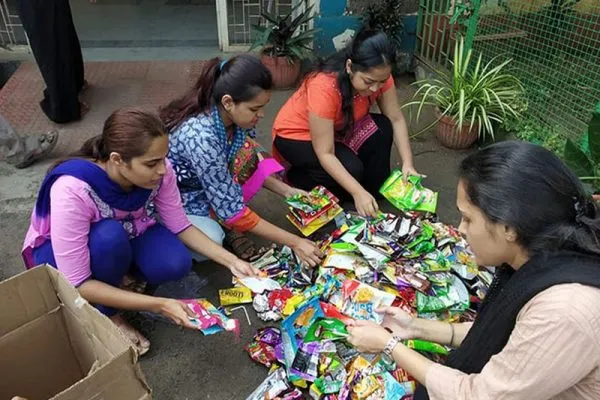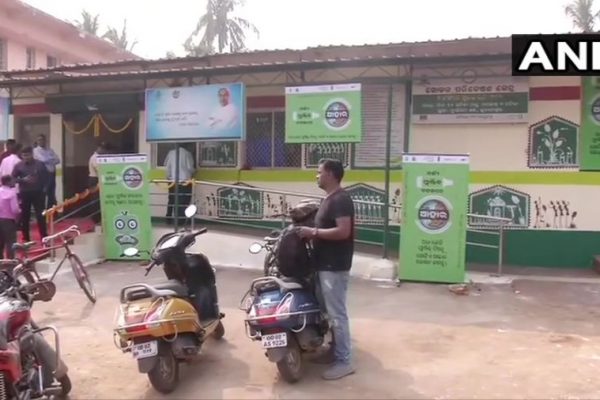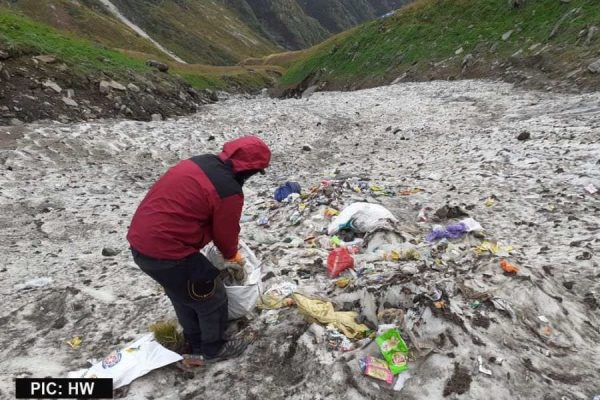Indian Professor develops Dry San water-less toilet for rural regions
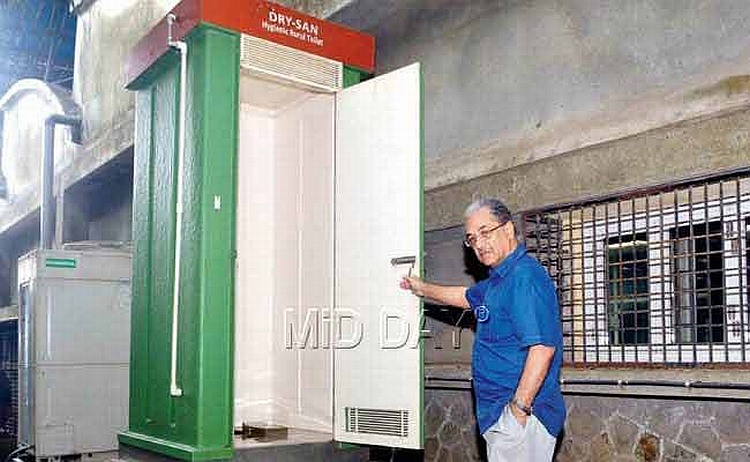
Dr Kishore Munshi, a professor at the Indian Institute of Technology Bombay, has developed a water-less toilet – the Dry San Hygienic Rural Toilet. The toilet is designed as a solution for farming and tribal community living in Indian villages that faces water-shortage. The toilet doesn’t require water for flushing waste.
The toilet uses stainless steel sheets instead of traditional ceramic ones. It’s easier to maintain stainless-steel sheets. A pit beneath San Dry toilet filters liquid and only dry waste remains, which is decomposed through non-chemical and natural aerobic process.
A family of five can use San Dry toilet for about 10 years before it ask for waste cleaning. Even after cleaning, the decomposed waste makes for a good fertilizer. Also, there is no chance of explosion due to formation of poisonous gases, which is pretty likely with sewer tanks of traditional toilets.
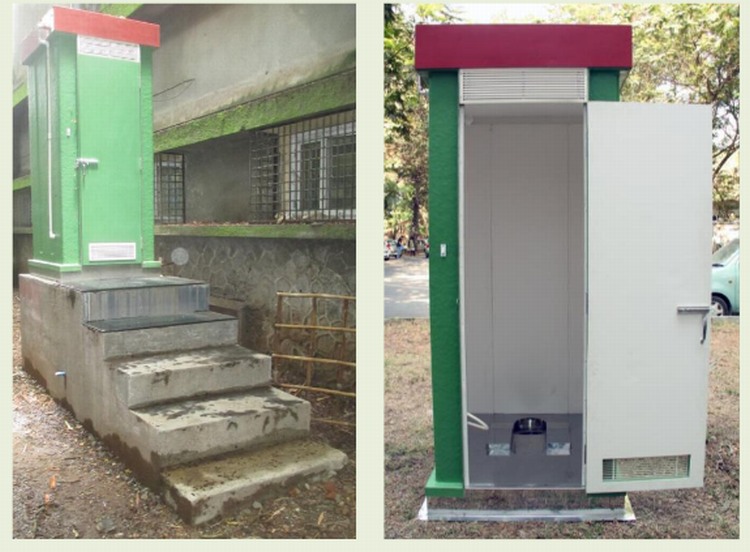
Traditional flush-toilets and sewerage systems require expensive infrastructure and high maintenance costs. These toilets are dependent on huge amount of water for cleaning.
The cost of building one Dry San toilet is slightly on a higher side too, it can reach up to Rs.70, 000 including labor cost. If built in bulk, the cost can be reduced. Government can take note of this.
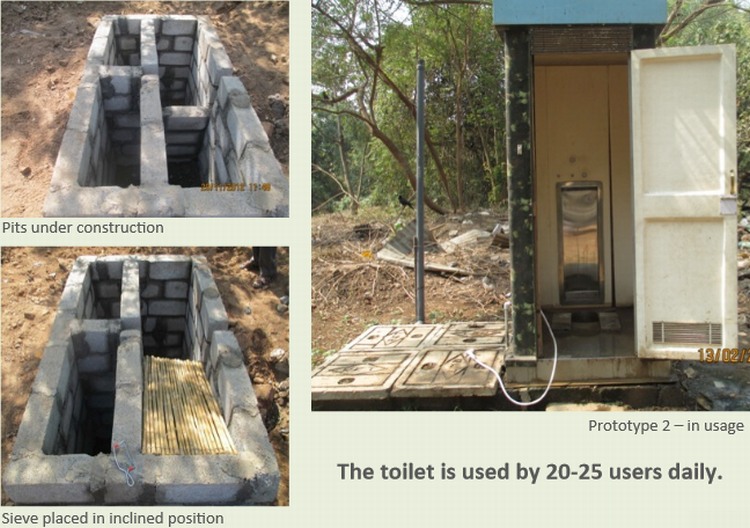
The project was started in 2011, and in 2014, final product was ready. For testing, an unit of San Dry was placed at a labor camp next to the IIT-B campus, and is used by laborers for over an year. The workers decided to dedicate it to the female workers and children, which is an appreciable decision. However, if more such units are installed, the male workers can be encouraged against defecation in open.
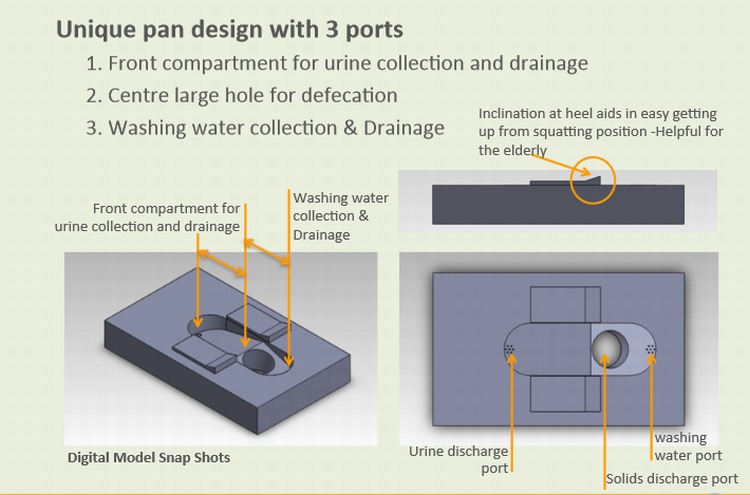
Indian government claims to have built about nine million toilets in last one year. However, in some cases, shortage of water is creating trouble.
San Dry is based on water-less or minimal water usage can prove a boon for tribal or rural areas that can’t afford using water to flush toilets. Such solutions can extend necessary assistance to Indian government in eradicating practice of open defecation in India.
Credit: IDC.IITB / Image: MidDay
